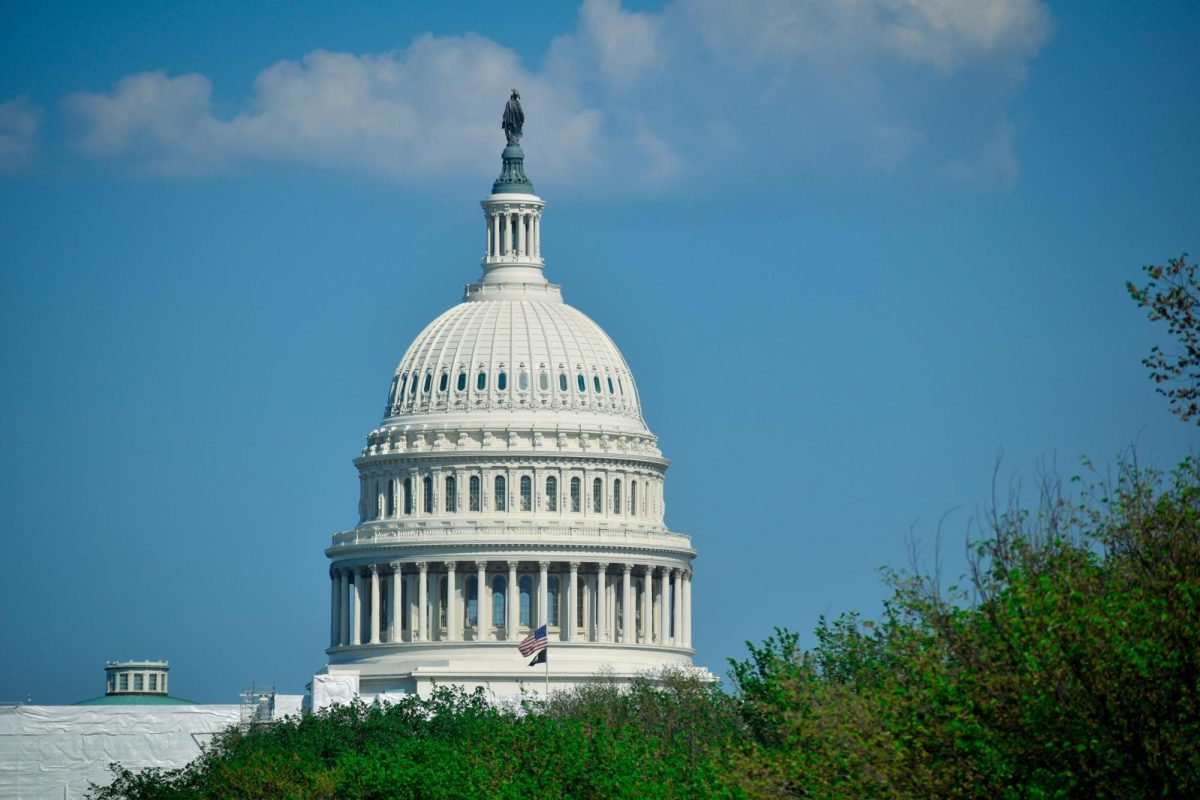This article is a second part to an earlier essay on anti-intellectualism. Read the first part here.
In his seminal book, Anti-intellectualism in American Life, Richard Hofstadter proposes that anti-intellectualism is partly a product of the democratization of knowledge. When he published the book in the 1960s, Hofstadter believed that as higher education became more universal, it began to prioritize vocationalism and utilitarian practicality, devaluing intellectual inquiry and criticism, which he believed to be the real purpose of education.
From a modern perspective, we can look at the digital democratization of information similarly as a contributing factor to anti-intellectualism, but perhaps for a different reason. Because the internet makes information readily available to all, people are emboldened to disregard expert analysis and make their own assertions on any given topic.
From that standpoint, anti-intellectualism should be at its relative apogee now, considering the proliferation of information brought forth by digitalization. The Pew Research Center found that, behind news websites or apps, the primary source of political news for Americans is social media. Subsequent analysis revealed a concerning trifecta of behavior associated with those who primarily used social media for information: significantly lower levels of political knowledge, less concern for fake news, and greater exposure to conspiracy theories.
As a result, one of the most prominent manifestations of anti-intellectualism in American society is arguably in the political sphere. There, anti-intellectualism is used to position opposing political views as elitist, regardless of their evidentiary or rational basis. Conversations that should be rational, like ones concerning climate change, have become an arena for polarizing and emotional arguments.
Anti-intellectualism is often regarded as a hallmark of right-wing political campaigns. Notably, Presidents Eisenhower, Nixon, Reagan, George W. Bush, and most recently, Trump, wielded anti-intellectual sentiments to establish leadership. The consequences have been far-reaching.
Trump’s public disdain for scientific experts, especially Anthony Fauci —COVID-19 expert and former director of the National Institute of Allergy and Infectious Diseases—resulted in thousands of preventable deaths.
Furthermore, Trump thwarted social change by conflating Black Lives Matter protesters to “evil” members of “new far-left fascism” intent on ending America. This type of fear-mongering mirrors the denunciations led by Senator Joe McCarthy during the 1940s and 50s.
Nevertheless, to fully understand the sociopolitical effects of anti-intellectualism, it is important to acknowledge that anti-intellectualism is not restricted to one political party.
Populist rhetoric as a vehicle for anti-intellectualism is a good example to consider as it pervades both ends of the political spectrum. Eric Merkley, a political scientist at the University of Toronto, defines populism as “both a worldview and a rhetorical strategy employed by politicians that emphasizes conflict between the people […] and political elites or the establishment.” In short, it is anti-elitism.
On the left, the growth of liberal populists exemplifies the ire towards elite society and its effect on marginalized groups. Contrastingly, right-wing populists worry about the power of government, which has manifested in the Tea Party Movement and the rise of Donald Trump. The Tea Party Movement was a populist conservative political movement that emerged in 2009 and found its champion in 2016 with Donald Trump, regardless of the fact that he cared little for its founding idea of cutting the national deficit. While the Tea Party’s protests have ended, its sentiments continue in a more general mistrust toward government that threatens both political parties.
Mistrust in intellectuals and experts can be rooted in religious fundamentalism, partisanship, or a propensity for intuitionist thinking. However, populist theory is not inseparable from anti-intellectualism. Indeed, studies have shown that populism has a strong link with anti-intellectualism.
Populist rhetoric works as a primer for anti-intellectualism because it makes the acceptance of expert consensus much more difficult. With populism resurging and saturating political discourse, we are experiencing anti-intellectualism as a growing opposing force to rationality and expert or scientific consensus.
Not only is it narrowing to associate all intellectuals or scientists with the ruling elite, but rallying our strength to fight expert theory is counterproductive.
However, blindly accepting the works of “intellectuals” is dangerous, and I would argue that that is the very anti-intellectual behavior Hoftstader and others warn against. Intellectualism is not synonymous with pro-elitism, it just isn’t anti-elitist. Engaging with Trump’s demagogic speeches has the same anti-intellectual vein as naive trust in academic elites. One does not cancel out the other. The better we teach intellectualism—examining and evaluating knowledge, not plainly ingesting it—the better we can digest academic works.
Fruitful political discourse is indispensable to a flourishing democracy. Now, more than ever, we must apply ourselves to learning adequate media literacy. Even raw, credible, data is open to interpretation and distortion, so it is up to us to meaningfully discuss with experts, not against.
Furthermore, being an expert is distinct from being an upstanding citizen so we can not conflate experts as altruistic or omniscient. As with all people, we must approach their work with rational skepticism. As Hofstadter writes, “The very possibility of civilized human discourse rests upon the willingness of the people to consider that they may be mistaken.”

